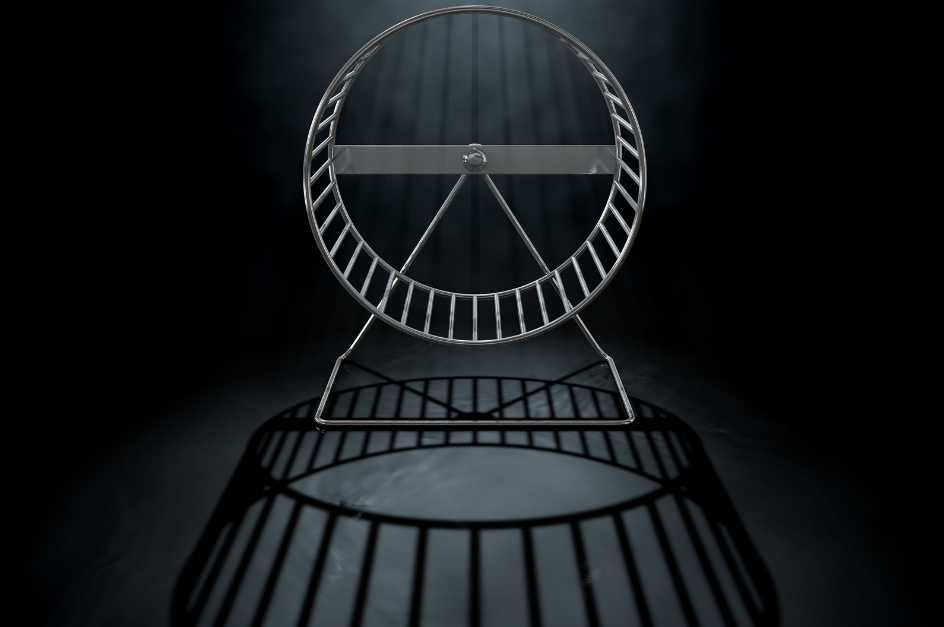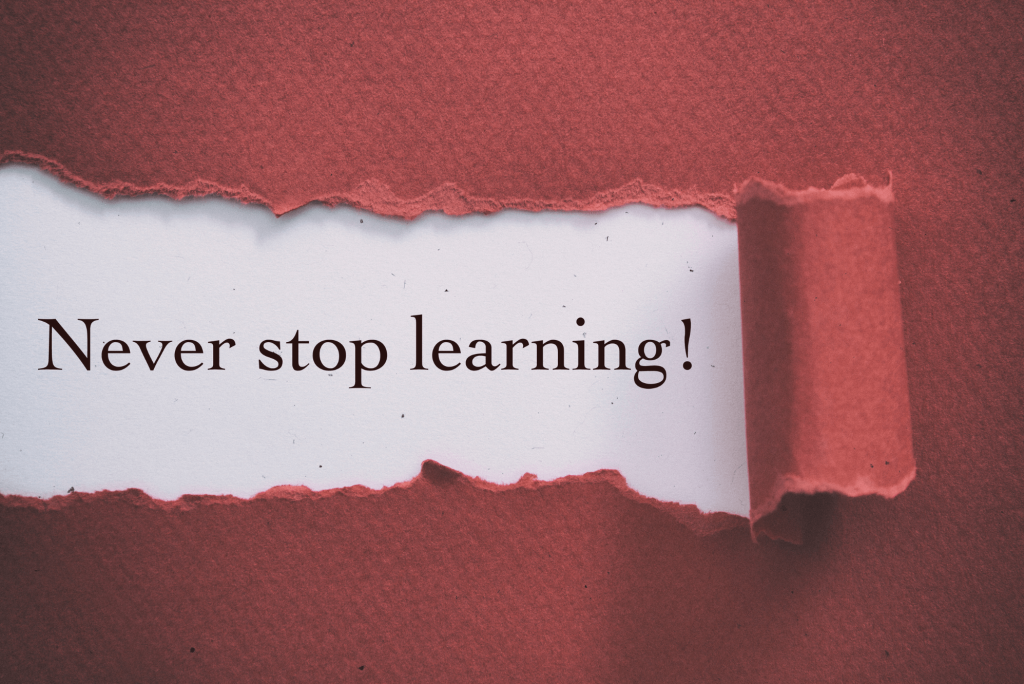The Fallacy of the Original Mistake: Why Entrepreneurs Keep Repeating the Same Errors – and How to Break Free

I want to share a thought that’s been with me for over a decade – a simple idea that has profoundly shaped how I view leadership, growth, and change.
A number of years ago, I was fortunate to facilitate a conference for an exceptional businessman and entrepreneur, Arthur Gillis – at that time, CEO of Protea Hotels (now part of Marriott). The theme of that conference was “The New Normal”, and in his opening address to the group’s executives and hotel general managers, Arthur made a statement that struck me deeply. He challenged the commonly held belief that if you do what you always did, you get what you always got. According to him, that saying was wrong. Instead, he suggested it should be: If you do what you have always done, you will get less of what you always got.
That subtle shift in words was powerful. It hit me hard, and I still vividly recall it 15 years later. Because it’s true – sticking rigidly to your old ways (especially in a rapidly changing world) often results in stagnation, or worse, decline. It was a reminder that clinging to what’s familiar can sometimes be a barrier – even when you realise that it’s no longer enough.
That insight perfectly encapsulates the “Fallacy of the Original Mistake” – a pattern I see so many entrepreneurs and business owners fall into without even realising it. It’s the trap of thinking that the way things worked from the start must hold true forever. But history, markets, competitors – they all evolve. And when you believe that you must stick to the original plan no matter what, you subtly set yourself up for reduced growth, missed opportunities, and increased risk.
Many business owners are caught in the cycle of working “in” the business – wearing multiple hats, doing day-to-day firefighting – and resisting the idea of stepping back, bringing in outside perspectives, or making tough changes. They think, “If I shake things up, I might lose control,” or that involving outsiders will only complicate things. But what they don’t realise is that by refusing to adapt, they are actually giving away a lot of potential – often unknowingly.
I’ve seen it firsthand. Entrepreneurs tell me that they’re busy, overwhelmed, and lonely at the top. They want to grow, but their routines and beliefs about control and independence hold them back. That’s why I believe that it’s crucial to acknowledge this pattern and challenge it, gently and consistently.
The good news is that change doesn’t have to be abrupt or intimidating. It starts with honest reflection i.e. asking yourself whether your current approach still serves your vision and goals. Sometimes, it’s about creating space for outside perspectives – whether through advisors, mentors, or independent directors – who can see your blind spots and challenge your assumptions. Often, these new voices aren’t there to tell you what to do, but to help you see what you might be overlooking.
Engaging with these perspectives can be a turning point. It’s a way of working “on” your business instead of “in” it, stepping into a leadership role that’s forward-thinking rather than just operational. Scheduling dedicated strategy days, encouraging honest dialogue with trusted advisors, and being open to change will make all the difference.
It’s also worth remembering that entrepreneurship can be lonely. The pressure, the responsibility, and the fear of losing control can make embracing change even harder. That’s where building a support network – peers, mentors, or professional coaches – becomes vital. They can help you to navigate the uncertainty, reminding you that progress often requires a new way of thinking.
So I invite you to reflect on a simple but powerful question: Are you doing what you’ve always done? And if so, is it still serving you? Or might it be holding you back from greater success and fulfilment?
The story that I shared from Arthur continues to shape how I approach challenges and opportunities. His words made me realise that sometimes, the most subtle shifts in thinking can lead to significant growth. It’s about recognising that the path to success often requires us to let go of the original mistake – of thinking that what worked then will always work now – and embracing change with humility and confidence.
Here’s to your growth and to breaking free from old patterns. And if you ever want a hand in navigating those shifts, I’m here to help.
Image: © allanswart via Canva.com






